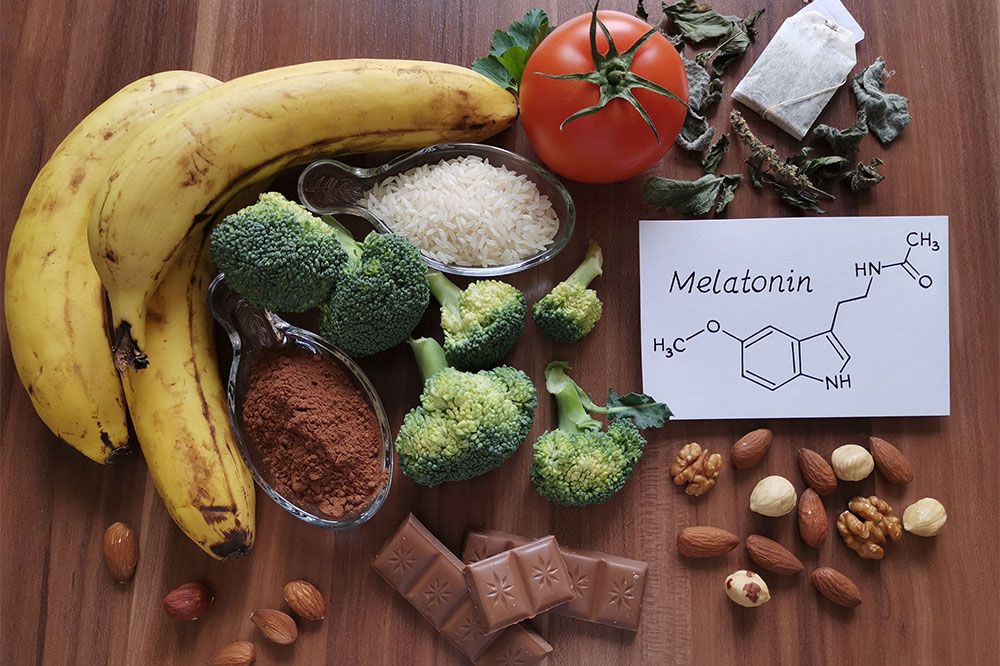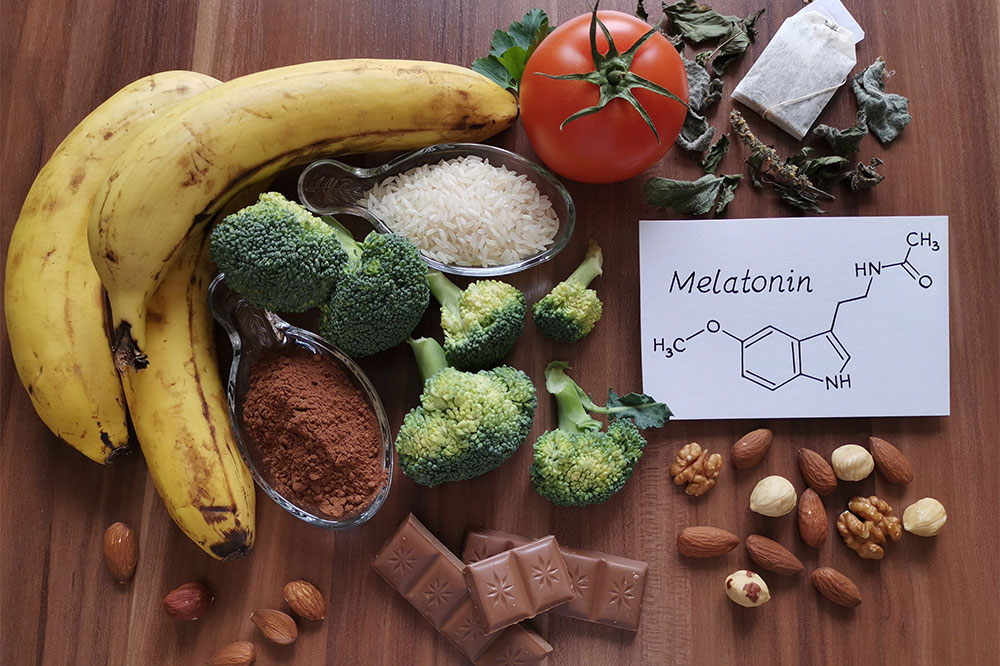Effective Natural Strategies and Nutrients for Managing Tardive Dyskinesia
Explore natural strategies and essential nutrients for managing tardive dyskinesia effectively. This comprehensive guide covers dietary sources, supplements, and medical options to help reduce involuntary movements and improve neurological health through an integrated approach. Learn how nutrients like manganese, vitamin E, Ginkgo biloba, B6, and melatonin can support symptom relief and overall well-being.

Comprehensive Natural Approaches and Essential Nutrients to Alleviate Tardive Dyskinesia
Tardive Dyskinesia (TD) is a complex neurological disorder characterized by involuntary, repetitive movements, predominantly affecting facial muscles, including the lips, tongue, and jaw. Over time, these movements can extend to other body parts such as the neck, arms, and legs, significantly impacting quality of life. While TD often arises from prolonged use of antipsychotic or neuroleptic medications prescribed for various mental and neurological conditions, managing its symptoms requires a multi-faceted approach. While medications play a crucial role, emerging evidence highlights the potential of natural remedies and nutritional support in alleviating symptoms and improving patient outcomes.
Understanding the role of specific nutrients and natural interventions can empower individuals affected by TD to participate actively in their health management. This comprehensive guide explores key nutrients, their natural sources, and supplementary approaches that may help reduce the severity and frequency of involuntary movements associated with TD. Maintaining a balanced diet combined with targeted natural therapies provides a promising adjunct to conventional treatments, potentially improving neurological health and overall well-being.
Key Nutrients for Tardive Dyskinesia Management
Optimizing nutritional intake can significantly influence neurological health in individuals with TD. Several nutrients have been identified as beneficial due to their neuroprotective, antioxidant, and neurotransmitter-supporting properties. Here's an in-depth look at these essential nutrients and their natural dietary sources.
Manganese: Supporting Neurological Function
Manganese is a vital trace mineral involved in amino acid, cholesterol, glucose metabolism, and neurotransmitter synthesis. Studies suggest that manganese supplementation, under medical supervision, may help in reducing TD symptoms by supporting healthy brain function. Ensuring an adequate daily intake—typically around 15 milligrams—can be achieved through dietary sources such as nuts (especially walnuts and almonds), soybeans, whole grains like brown rice, oats, and a variety of leafy greens including spinach and kale. It’s essential, however, to consult a healthcare provider before starting manganese supplements, as excessive intake can be harmful.
Vitamin E: Powerful Antioxidant for Brain Health
Vitamin E plays a crucial role in neutralizing free radicals, thus protecting brain cells from oxidative stress—a common factor in neurological disorders like TD. Research indicates that supplementing with vitamin E can help mitigate involuntary movements by supporting neuronal integrity. Naturally rich sources include seeds such as sunflower and pumpkin seeds, a variety of nuts like almonds and hazelnuts, green vegetables such as spinach, broccoli, and kale, and vegetable oils including olive and sunflower oil. For some individuals, vitamin E supplements—typically 400 to 800 IU daily—may be recommended, but it’s vital to adhere to medical advice to prevent adverse effects.
Ginkgo Biloba: Enhancing Cognitive and Nervous System Function
Ginkgo biloba, derived from the leaves of the ancient Ginkgo tree, is renowned for its ability to improve circulation and serve as a potent antioxidant. Its neuroprotective properties have been linked to improved cognitive function, reduced anxiety, and mood stabilization. Some studies suggest that Ginkgo biloba might also help improve neurological symptoms in TD patients by enhancing blood flow to the brain and reducing oxidative damage. Natural sources include standardized Ginkgo biloba leaf extracts available in capsules and tablets. While generally safe, Ginkgo supplementation should be undertaken under professional supervision, especially for individuals taking blood thinners or with bleeding disorders.
Vitamin B6: Neurotransmitter Support and Symptom Relief
Vitamin B6, or pyridoxine, is essential for amino acid metabolism and neurotransmitter synthesis, including dopamine—a key neurotransmitter involved in movement control. Since TD is linked to dopamine dysregulation, maintaining adequate vitamin B6 levels can be beneficial. Dietary sources encompass poultry (chicken and turkey), seafood (salmon and tuna), oats, bananas, and fortified cereals. Ensuring sufficient intake may help in reducing involuntary movements and enhancing overall neurological health. Some individuals may consider vitamin B6 supplements, but caution is advised to prevent neuropathy caused by high doses.
Melatonin: Regulating Sleep and Neuroprotection
Melatonin, commonly known as the sleep hormone, regulates circadian rhythms and has strong antioxidant properties. Adequate sleep quality is vital for neurological repair and dopamine regulation, making melatonin a useful supplement for managing TD symptoms. Increasing endogenous melatonin production through good sleep hygiene, relaxation techniques, and exposure to natural light during the day can help stabilize mood and neurological function. Over-the-counter melatonin supplements are widely available and may be taken in low doses (0.5 to 3 mg) as directed by a healthcare professional to support sleep and neuroprotection.
Medical Interventions Complementing Natural Approaches
While natural nutrients can support neurological health, pharmacological treatments remain a cornerstone in managing TD. One such medication is Valbenazine, which modulates dopamine activity in the brain to reduce involuntary movements. Valbenazine is typically prescribed once daily, with its mechanism involving the inhibition of vesicular monoamine transporter 2 (VMAT2), leading to a calming effect on neural circuits involved in movement control. Combining medical treatment with nutritional strategies can provide a more comprehensive approach, leading to improved patient outcomes and quality of life.
In summary, managing tardive dyskinesia involves a blend of medical treatment, nutritional support, and natural remedies. By focusing on key nutrients like manganese, vitamin E, Ginkgo biloba, vitamin B6, and melatonin, individuals can empower themselves to alleviate symptoms and enhance their neurological health. It’s important to consult with healthcare providers before initiating any new supplement regimen to ensure safety and efficacy.





